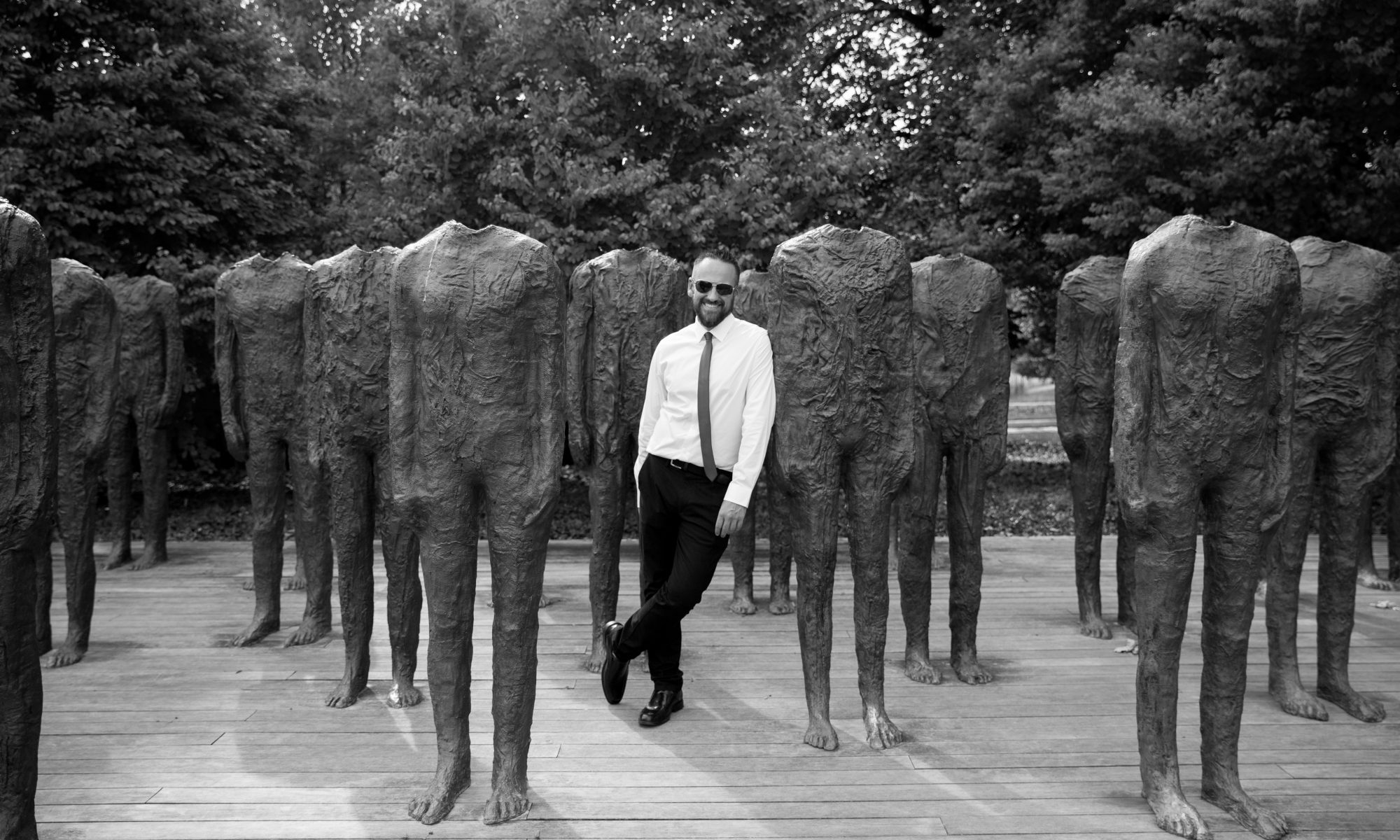
This podcast has become the place to go for Music Literacy pedagogical training tools for teachers over the last five years. As a result, I have never received as much correspondence about content NOT created by me, than Dr. Marshaun Hymon’s February 2024 Choral Journal Article called “A Skills First Approach to the All-State Choir Selection Process.” Let’s just say, this piece has made a splash!
We center the conversation around the ideas presented in the article including whether or not learning to read music is analogous to having to learn to read and write “standard English” vs. African American vernacular, whether “music literacy” can be a useful term when NOT referencing the reading/writing of music, a dissection of how different states assess sight singing, and possible improvements to current systems of assessment. And, of course, we dissect the usefulness of the idea that “a primary focus on music reading does center whiteness.”
Be sure to weigh in on the Choralosophers facebook page, on Substack or any posts related to this episode!

Be Sure to Find Choralosophy on TikTok!
@choralosophypodca
For future rehearsal clips, find me on TikTok, Insta and FB!


Dr. Marshaun R. Hymon is the Co-Founder & Managing Partner of True Change Alliance, LLC. He most recently finished a consulting contract with the Getty Museum & Trust where he develop equity-focused programming for their summer internship programs. Aside from various training commitments, he is now on contract with One Workplace supporting in developing organizational DEI strategy. Dr. Hymon is an Assistant Professor and he teaches college, career and employment readiness courses.
Dr. Chantae D. Pittman is the proud director of 3 choral ensembles at Campbell High School. She is in her 14th year of teaching and her 5th at CHS.

Dr. Pittman has been involved in various forms of Fine Arts since she was a small child. Growing up she participated in choirs, band, dance groups, as well as participating in the drama club. She was highly active in her high school Performing Arts program graduating from Lovejoy High School in 2006 with a Fine Arts Seal of Distinction.
She then went on to pursue her Bachelor’s degree at Tennessee State University where she graduated Cum Laude in 2010, and then her Master’s Degree in 2013 from VanderCook College of Music. Dr. Pittman most recently completed her Doctoral degree in Music Education from the University of Georgia on May 2021. GO DAWGS!!

Paul Rudoi and MANY more.
Dr. Pittman continues to perform at the professional level through various solo efforts as well as with the Atlanta Women’s Chorus as well as the Atlanta Symphony Chorus where she has performed at Carnegie Hall in New York and the Kennedy Center in Washington DC.































































































